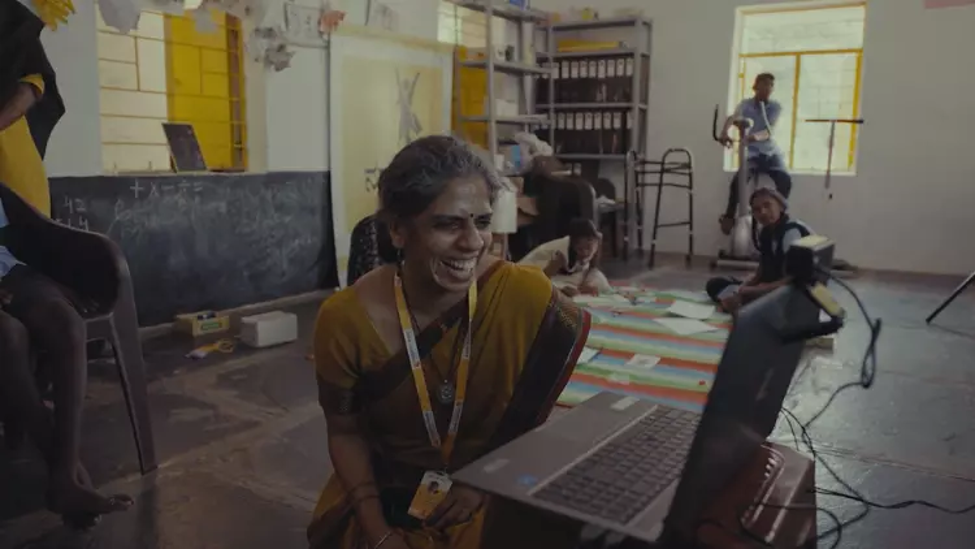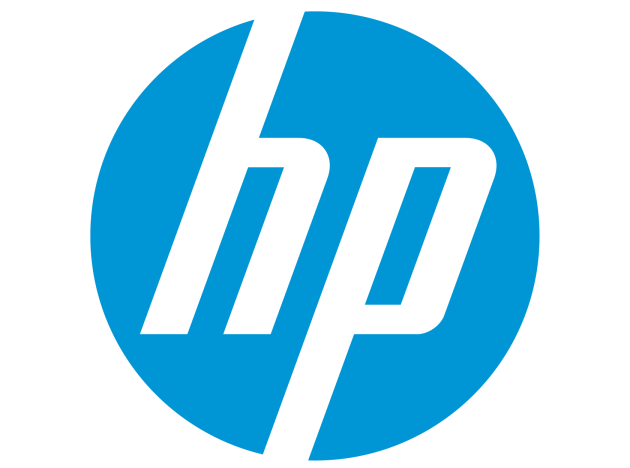Accelerator will prioritize digital equity challenges in Brazil, Canada*, and Poland
February 15, 2024
News Highlights:
- Applications are now open for The Digital Equity Accelerator, qualified organizations in Brazil, Canada* and Poland are invited to apply until March 1, 2024.
- The Digital Equity Accelerator, a joint initiative between HP Inc. and the HP Foundation, helps nonprofits from around the world strengthen capacity and scale digital impact.
- In the first two years, the Accelerator helped 17 participating organizations expand their reach by 8.1 million people.
PALO ALTO, Calif., February 15, 2024 – In an effort to bridge the global digital divide and foster inclusive opportunities, HP Inc. (NYSE: HPQ) and the HP Foundation invite submissions for the 2024 Digital Equity Accelerator. The program offers 10 selected nonprofit organizations a USD $100,000 grant, HP technology (~USD $100,000 value), and six months of virtual training to scale digital equity solutions focused on educational, healthcare, and economic opportunities. HP will accept applications until March 1, 2024, and organizations in Brazil, Canada*, and Poland are invited to apply.
“At HP, we believe in the power of technology to create positive, sustainable impact and we are committed to accelerating digital equity for those most impacted by the digital divide,” said Michele Malejki, Global Head of Social Impact, HP Inc., and Director, HP Foundation. “We are excited for the innovative solutions that will emerge from 2024 Digital Equity Accelerator as we collaborate to create a future that is more inclusive and connected.”
A $1 trillion-plus digital divide is limiting billions from achieving equal access to educational, healthcare, and economic opportunities. Through the Digital Equity Accelerator, HP is helping to create a more equitable world through access to hardware, connectivity, digital literacy, and quality, relevant content. The Accelerator helps organizations strengthen capacity and scale impact for digital equity solutions, particularly among people who are traditionally excluded.
Since 2022, Accelerator alum have focused on helping to drive progress for women, advancing technology for people with disabilities and aging populations, and increasing digital equity in underrepresented or under-resourced communities including women and girls, people with disabilities and aging populations, historically disconnected groups, and educators and healthcare practitioners. Over the first two years, the Accelerator helped extend the reach of 17 participating organizations by 8.1 million people.
2024 Program Countries: Driving Digital Equity in Brazil, Canada* and Poland
HP has strategically selected countries to address specific digital equity gaps. These countries represent diverse challenges in digital equity, aligning with HP’s commitment to fostering inclusive access globally.
- Brazil, despite increased home internet access, has a pronounced digital gap affecting vulnerable groups, including Indigenous and Afro-Brazilian populations and aging demographics.[1]
- Canada*, despite high internet usage, has persistent inequalities among Indigenous and rural communities and other marginalized groups, with targeted efforts to bridge connectivity gaps.[2]
- Poland faces lingering divides, especially in rural areas and among refugee populations.[3]
Global Digital Divide Limits Equal Access to Educational, Healthcare, and Economic Opportunities
The growing digital divide is reshaping the educational landscape, impacting learning experiences of young individuals and influencing the future workforce, as highlighted by Global Business Coalition for Education (2022):
- Digital Inequity: In 2020, only (34%) of primary, (41%) of secondary, and (68%) of tertiary education students had access to an internet-connected computer at home.
- Educational Shortfalls: Over half of young individuals are falling behind in acquiring essential skills for employment by 2030.
- Looming Talent Deficit: Projections indicate a significant ‘human talent shortage’ exceeding 85 million people by the year 2030.
Communities that bridge the digital divide have greater access to healthcare and economic opportunities:
- Enhanced Healthcare Reach: In 2021, (37%) of adults accessed telemedicine services, with usage correlated to education levels, family income, and urbanization, as reported by the CDC (2022).
- Bridging Urban-Rural Gaps: Globally, (82%) of urban residents utilized the Internet in 2022, marking a 1.8-fold increase compared to rural areas. This ratio has steadily reduced from 2.3 to 1.8 over the past three years, showcasing a narrowing divide, according to ITU (2022).
HP’s Commitment to Digital Equity and Sustainable Impact
As nearly half of the world’s population remains offline, closing the digital divide through equitable access to technology, skills and content will transform lives and communities and create a more equitable world. Since the beginning of 2021, HP has been on a journey to accelerate digital equity for 150 million people by 2030. HP’s vision is to become the world’s most sustainable and just technology company, which is reflected in its focus areas of climate action, human rights and digital equity.
For more information on the Digital Equity Accelerator, please visit the website.
* Excluding the Province of Quebec
About HP
HP Inc. (NYSE: HPQ) is a global technology leader and creator of solutions that enable people to bring their ideas to life and connect to the things that matter most. Operating in more than 170 countries, HP delivers a wide range of innovative and sustainable devices, services and subscriptions for personal computing, printing, 3D printing, hybrid work, gaming, and more. For more information, please visit: http://www.hp.com.
Watch the story of Mallikarjuna as he gains access to education with support from Fourth Wave Foundation
MEDIA CONTACTS
HP Media Relations
MediaRelations@hp.com
hp.com/go/newsroom
SOURCE HP



